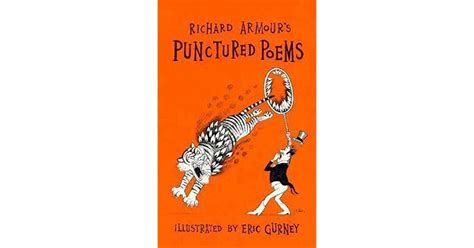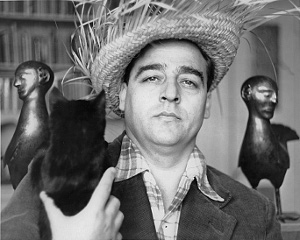A Quote by David Hewson
I think there is this huge hole in Shakespeare that you do not know why Macbeth is who he is.
Related Quotes
I think American actors are much more intimidated by Shakespeare. I actually want to do this Shakespeare play in New York, but I think it's interesting that there's this gaping hole in the repertoire in the American theater, which is Shakespeare. It's hardly ever done, compared to how often it's done in other companies, not just Britain. Someone from the Roundabout Theater Company - I said, "You never do Shakespeare." And he said, "Yes, we're not very good at it." And I thought, "What a terrible thing to say.".
Do you really want to know why I'm doing all this goodwill, and why I'm an ambassador for Habitat for Humanity and why I gave a million to [relief efforts for Hurricane] Katrina? It's because I feel guilty about the huge hole in the ozone layer my haircuts created. It's my responsibility to right the wrongs of the Eighties.
I went to a Jesuit school and they did a William Shakespeare play every year. I got to know Shakespeare as parts I wanted to play. I missed out on playing Ophelia - it was an all-boys school. The younger boys used to play the girls, I played Lady Anne in Richard III and Lady Macbeth, then Richard II and Malvolio. I just became a complete Shakespeare nut, really.
You didn't plan to write a story; it just happened. Well, it could be argued that the next thing you should do is find a hole to dig. Right? So you start digging a hole and then somebody brings a body along and puts it in. That's what a story must feel like to me. It's not that you say, "I want to write a story about a gravedigger." But you're walking along and "I don't know what I'm doing here in this story,' and - boop! a shovel. "Oh, interesting. Ok, what does one do with a shovel? Digs a hole. Why? I don't know yet. Dig the hole! Oh, look a body."
Shakespeare, who never could think up a plot by himself, found this one [Macbeth] in Holinshed's Chronicles, changing it just enough so that no one would recognize the source. He didn't count on the resourcefulness of modern scholars, who have to discover things like this to become associate professors.

































